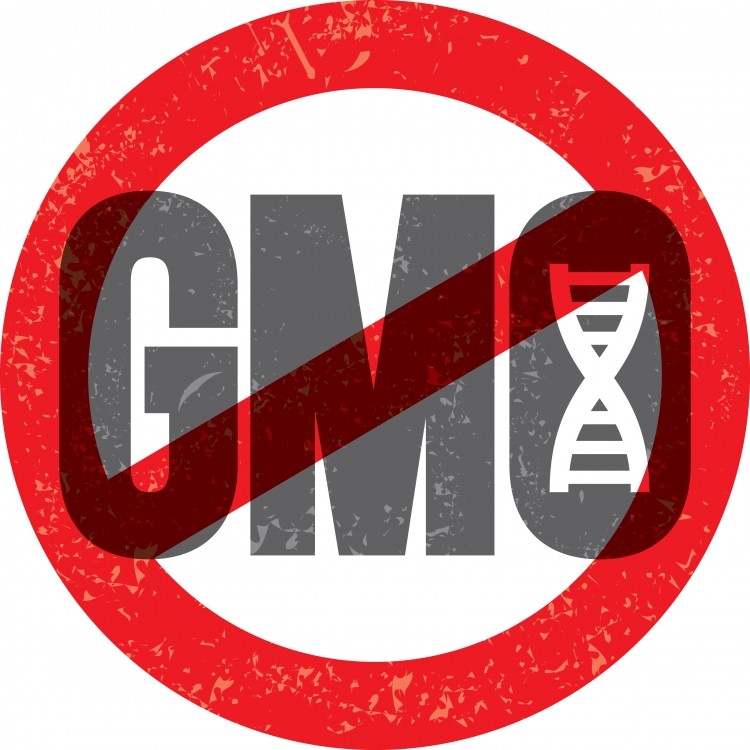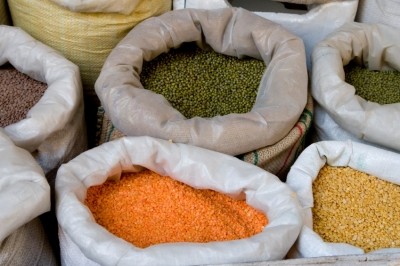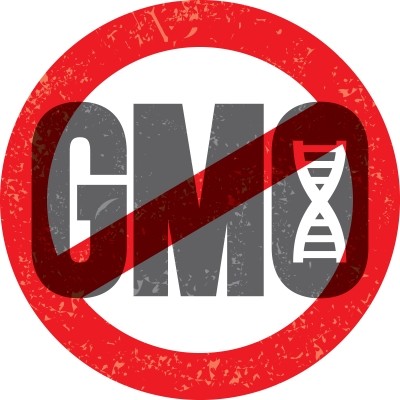Bite-size Milling & Grains news
France against GM maize, Pakistan action on climate change, bumper grain yields, GrainCorp losses, Adexar approved for UK barley

France says ‘no’ to GM maize
The French government has stepped up its campaign to ban GM crops by publishing a decree to prevent the planting of GM-maize this season.
French ministers are fiercely opposed to GM crops, which they believe pose significant environmental risks, and are lobbying for a new ban on GM corn after a senior court twice struck down previous measures.
The decree will come into force on March 9 after a three-week consultation period, in time to prevent the annual sowing of corn in France that begins at the end of March. A draft French law banning the planting of genetically-modified organisms is expected to be voted on in April.
France is one of the EU’s strongest opponents to GM crops and it is trying to win support from other members in a bid to overhaul EU rules.
There is currently only one GM crop authorized for cultivation in the European Union, but the fate of DuPont/Dow Chemical’s GM corn, Pioneer 1507, has yet to be decided after EU countries failed to secure a majority for or against approval. France was one of 12 countries to sign a letter last week warning the Commission against approving Pioneer 1507.
Pakistan faces significant threat from climate change
Scientists in Pakistan has issued a stark warning to policy-makers about the damaging effects of climate change on wheat production in the region and stressed the need for adequate counter-measures to prevent a future food crisis.
Wheat is a staple food in Pakistan and accounts for 2.2% of gross domestic product, however researchers say the effects of climate change could severely damage yields and create a significant production shortfall.
They predict average temperature increases of around 4-6 degrees before the end of the 21st century - and an increase of up to 2.8°C in the Punjab alone within 26 years – that will make crops more vulnerable to floods, droughts and cyclones.
A number of solutions to reduce the negative effects of climate change have been proposed, including sowing wheat 15 days earlier, increasing plant density by 25% and applying 20% more fertilizer. The scientific community is urging policy-makers to tackle the issue sooner, rather than later.
Record cereal yields recorded in S. America and the Caribbean
Cereal production in Latin America and the Caribbean grew by 8.8% in 2013, reaching over 221.4 million tons, according to a report from the United Nations Food and Agriculture Organization (FAO).
The increase was primarily driven by Argentina and Brazil, where production increased by 17.2% and 11% respectively, in addition to good corn harvests in the first half of the year from Paraguay and Uruguay.
Coarse grain yields reached 172.1 million tons, up by 10.5% on the previous year, and wheat grew by 6%, to 21.3 million tons. Overall cereal production in South America was up 11% at 180 million tons.
The report noted a recovery in wheat production in South America, although yield was still below the five-year average.
GrainCorp profits suffer due to severe droughts
Australia’s largest grains handler, GrainCorp, expects yearly profits to fall in 2014 as drought conditions in Queensland and northern New South Wales hit grain volumes.
GrainCorp chairman Don Taylor has warned shareholders of a significant drop in net profit this year as a result of drought, which is continuing to affect summer crops. The group is predicting a net profit of between A$80m and A$100m in 2014, compared to A$175m in 2013.
Taylor said the guidance is preliminary and actual net profit would depend upon the duration and impact of drought conditions, whether grain was exported or absorbed by domestic demand and the strength of the Australian dollar.
Approval reached on Adexar use for UK barley
The British Beer and Pub Association (BBPA) has given its approval for BASF fungicide Adexar to be used on malting barley, following an earlier rejection from ‘maltsters’ themselves.
Adexar was launched in 2012 but at the time brewers would not accept grain treated with the fungicide due to the lack of field trials. The BBPA has since carried out tests to appease members and will allow up to one litre per hectare of Adexar to be used per barley crop.
Barley is the second biggest crop in the UK behind wheat. Growers have to adhere to strict quality control requirements and despite unpredictable weather conditions there is a lot of pressure to meet contracts.
Adexar contains the active ingredient fluxapyroxad and can protect barley against a range of diseases including rhynchosporium, net blotch, ramularia, brown rust and mildew. The fungicide is also purported to give barley increased stem strength.









